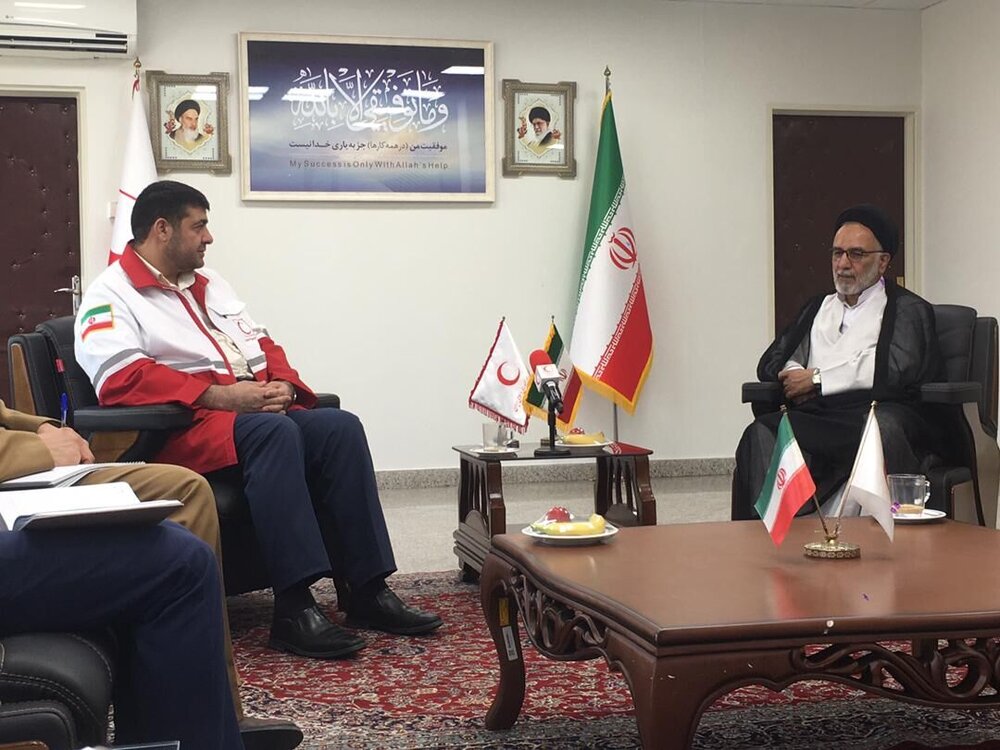INSUBCONTINENT EXCLUSIVE:
Seyed Khalil Sadati-Amiri, suggested developing collaborations and setting up advanced medical centers in the African country.During the
meeting on Saturday, Kolivand said that the development of medical and health centers in Sierra Leone can be done through joint cooperation
with the Ministry of Health of Sierra Leone.Today, it is necessary to reform the management view, and in this regard, the IRCS is trying to
make its centers abroad self-sufficient, and in this context, annexes have been prepared for medical centers abroad so that it can move in
the right direction of development.The Iranian Red Crescent Society provides medical services to people in 13 Asian, African, and Latin
part, said that the African continent is the source of many diseases, and the establishment of medical centers can prevent the emergence of
pandemics and the transmission of dangerous viruses to other countries.He also announced readiness to use all the capacities and strength
alongside the IRCS so that it can carry out important humanitarian measures.IRCS services worldwideThe IRCS, established in 1922, is one of
the first and oldest members of the movement and is currently one of the top five societies in the world due to its significant activities
in the national and international arenas.In 2005, the IRCS received the Henry Davison Award for outstanding humanitarian services, and the
IRCS initiative of volunteers was selected as the best project (out of 50 projects from 45 national societies), by the General Assembly of
the International Federation of Red Cross and Red Crescent Societies.In addition to offering services to the victims of natural disasters in
the country, it has taken numerous missions in international disasters and incidents helping the people of Afghanistan, Palestine, Iraq,
Southeast Asia earthquakes, Lebanon, Gaza, Somalia, and Yemen.Moreover, the Iranian Red Crescent Society provides medical services to people
in 13 Asian, African, and Latin American countries.Currently, some 14 medical facilities are offering humanitarian, relief, and health
services to the deprived people in 13 countries, including Azerbaijan, Afghanistan, the United Arab Emirates, Bolivia, Ivory Coast, Sierra

